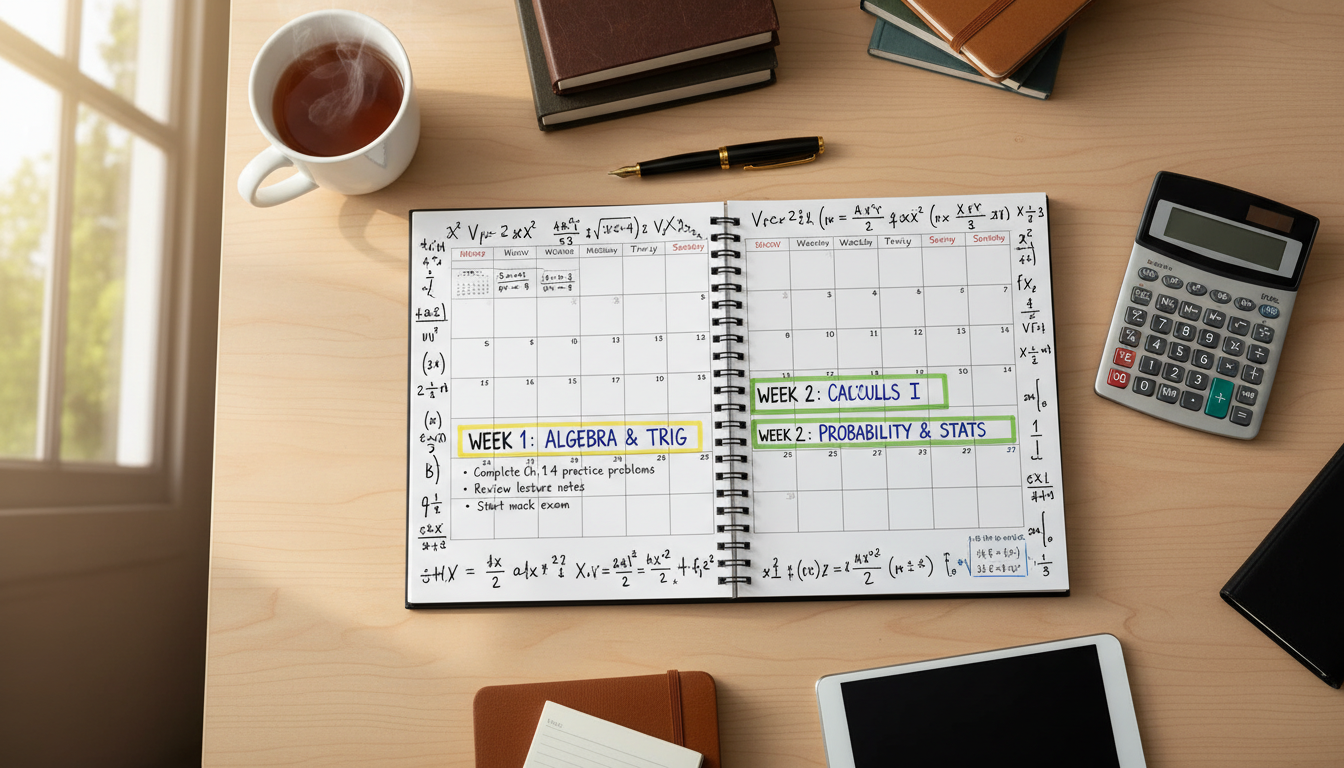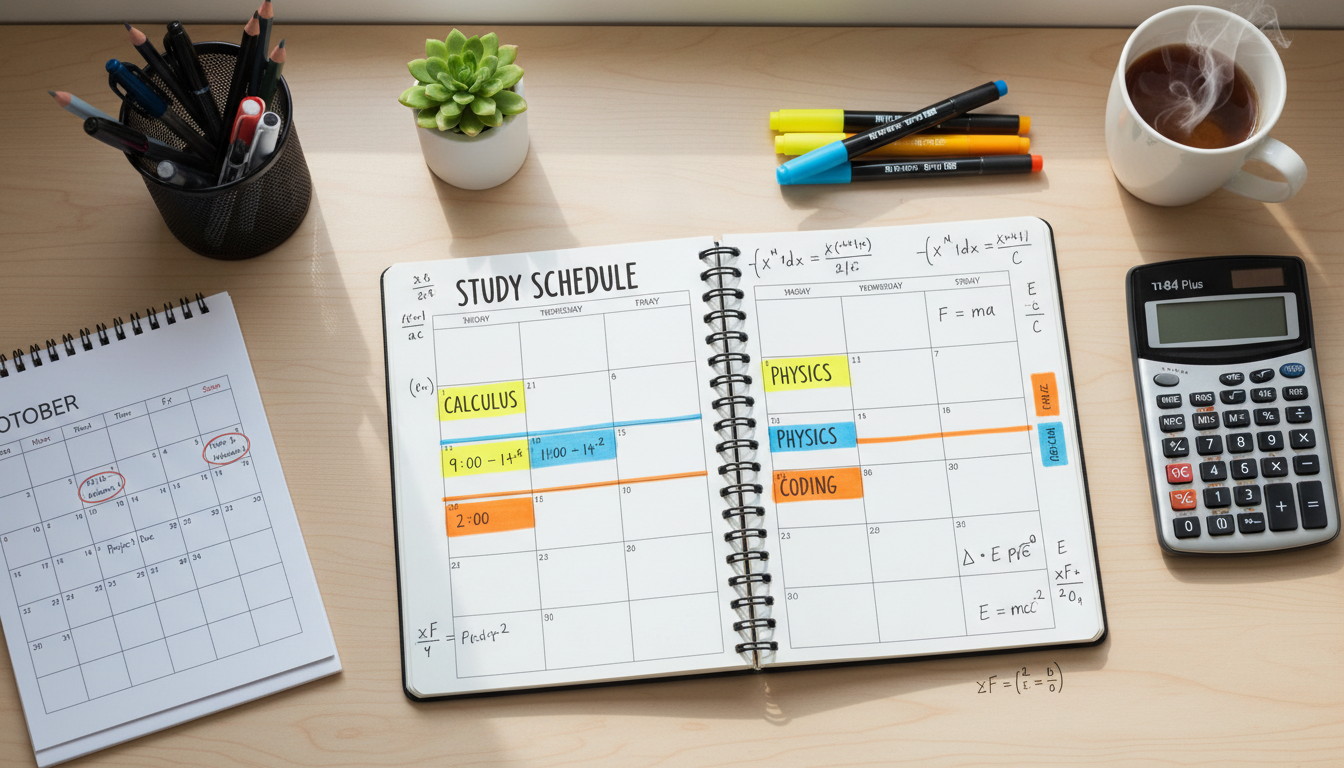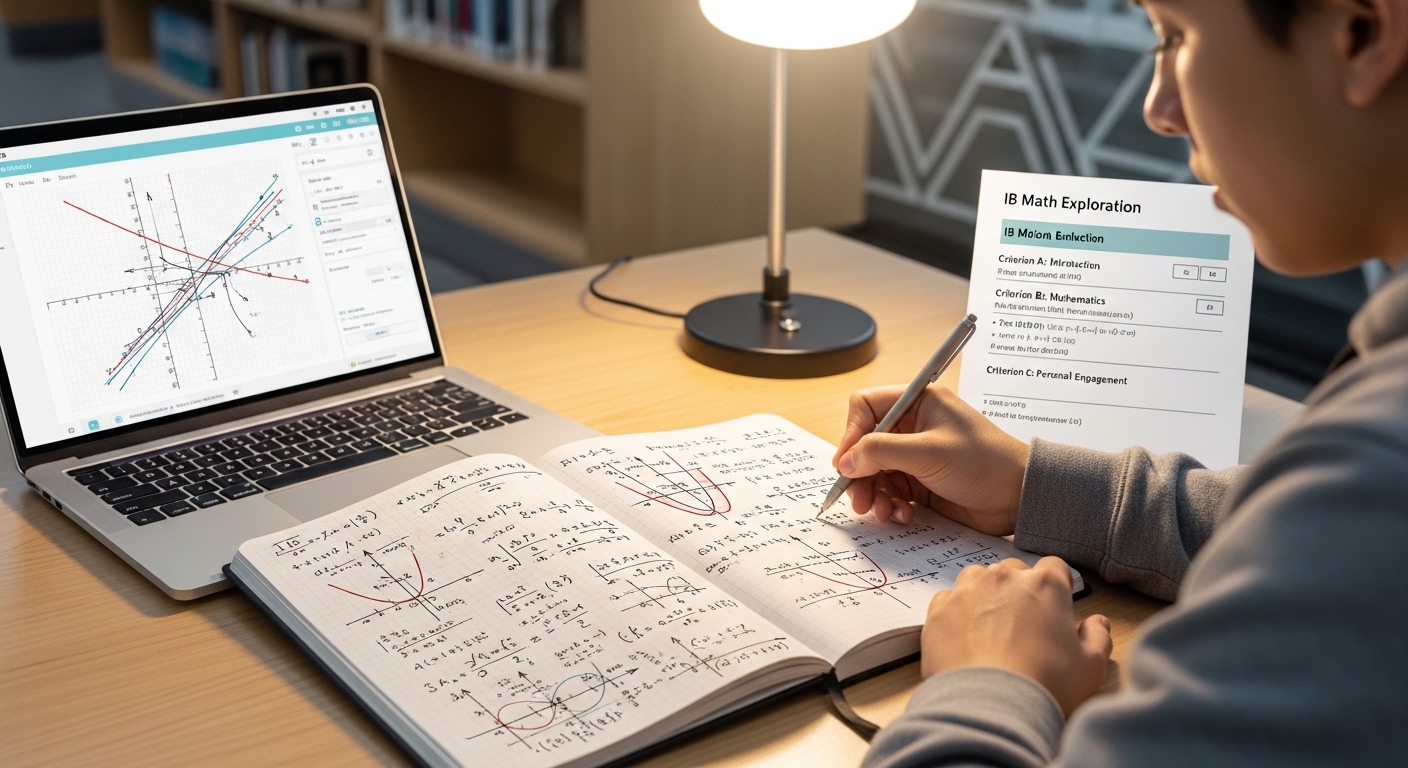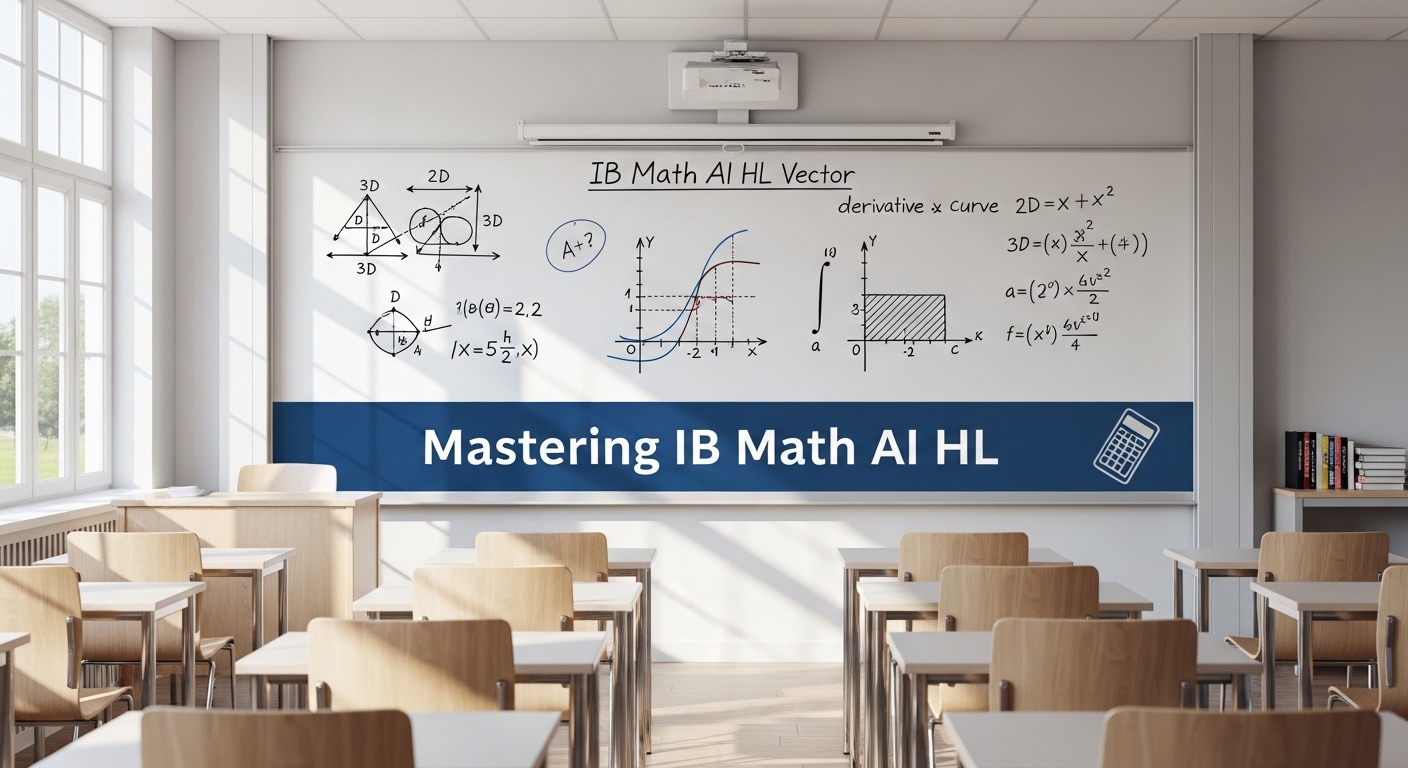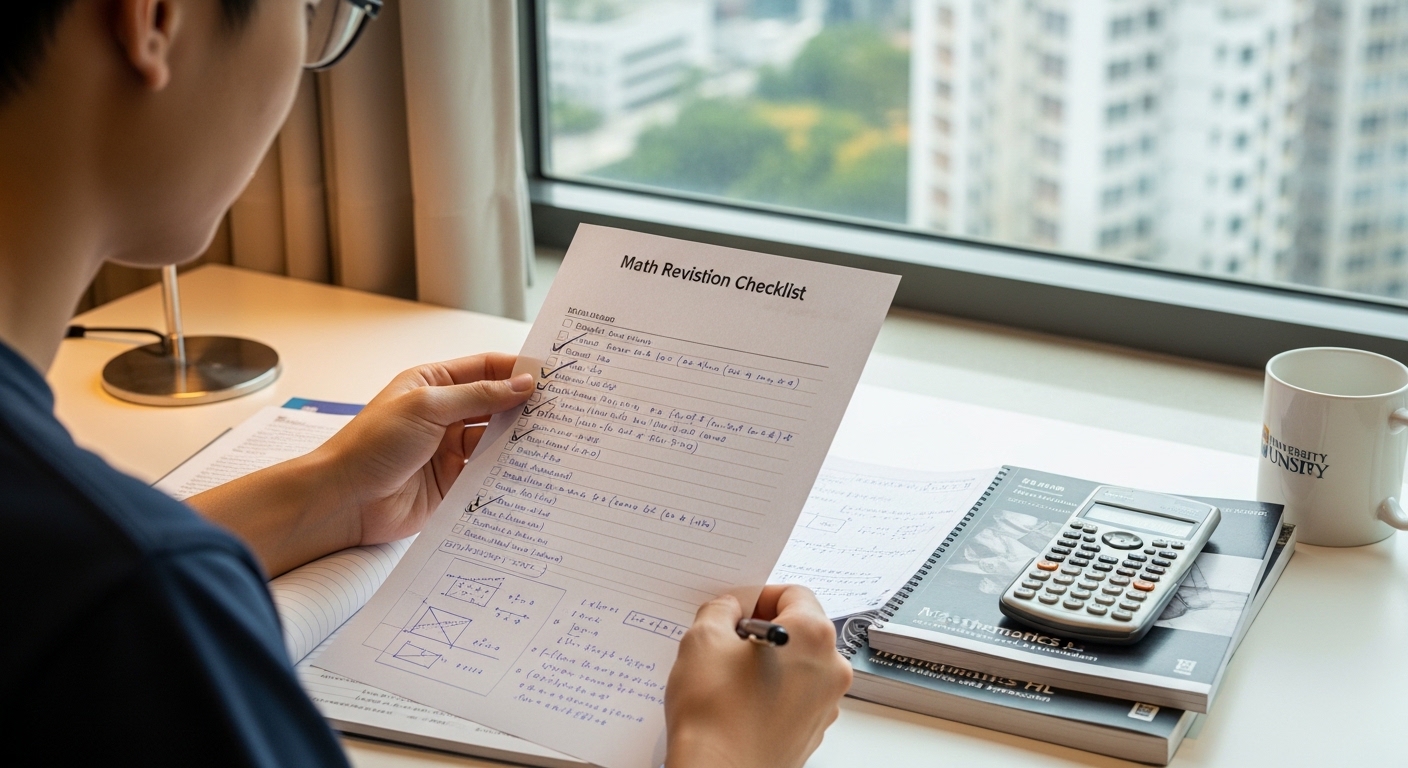Introduction
Feeling nervous before your GCSE Maths exam stress? You’re definitely not alone.
Maths anxiety—a fear or discomfort related to solving maths problems—is more common than most students realise. It can cause stress, avoidance, and even physical symptoms, such as a racing heart, before tests.
But here’s the good news: maths anxiety is not a permanent condition. With the right mindset, study techniques, and emotional strategies, you can overcome it and perform confidently in your GCSE exams.
In this article, we’ll explore the science behind maths anxiety GCSE, how it affects GCSE performance, and expert-approved methods to regain control, boost confidence, and achieve your true potential.
Table of Contents
What Is Maths Anxiety GCSE and Why Does It Happen?
Maths anxiety is a psychological response triggered by fear of failure, negative past experiences, or pressure to perform well. It’s not about ability—it’s about perception.
According to researchers from Cambridge University, up to 36% of secondary students experience some form of maths anxiety, often due to:
- Past struggles or poor grades in maths
- Comparing themselves to peers
- Fear of being judged for mistakes
- Overemphasis on exams rather than understanding
When anxiety activates the body’s stress response, working memory and concentration decline—making it harder to process maths problems. This creates a frustrating cycle of self-doubt and avoidance.
How Maths Anxiety Affects GCSE Performance
During the GCSE period, anxiety can quietly sabotage revision and exam performance. Students who fear maths often:
- Procrastinate on revision or avoid practice questions
- Struggle to recall formulas during exams
- Underperform relative to their actual knowledge
- Feel overwhelmed by time pressure
Recognising these patterns is the first step toward change. Once you know how anxiety affects your performance, you can apply proven techniques to break the cycle.
Practical Ways to Overcome Maths Anxiety GCSE
1. Reframe Your Mindset About Maths
Remind yourself that struggling with maths doesn’t mean you’re bad at it.
Maths is a skill, not an innate talent. By viewing mistakes as learning opportunities rather than failures, you create a positive feedback loop that encourages growth.
Expert Tip: Use growth-mindset language—say, “I’m learning how to solve this,” instead of “I can’t do this.”
2. Practice in Short, Consistent Sessions
Long cram sessions often heighten anxiety. Instead, revise in 25-minute blocks (using the Pomodoro technique) with 5-minute breaks. Regular, small doses of practice reduce pressure and improve memory retention.
- Use GCSE past papers for realistic practice.
- Focus on one topic per session (e.g., algebra, geometry).
- Review your mistakes calmly rather than emotionally.
GCSE Maths revision tips for 2026
3. Use Relaxation and Breathing Techniques
When stress peaks, breathing exercises can reset your nervous system.
Try the 4-7-8 method:
- Inhale for 4 seconds
- Hold for 7 seconds
- Exhale for 8 seconds
Repeat this 3–5 times before or during revision. It helps slow your heart rate and calm anxious thoughts.
4. Replace Fear with Familiarity
Exposure reduces fear. The more familiar you are with exam formats, the less intimidating they become.
- Take mock exams under timed conditions.
- Read examiner reports to understand marking patterns.
- Watch GCSE maths video tutorials for visual reinforcement (e.g., Mathzem, BBC Bitesize, and Corbettmaths).
5. Talk About Your Anxiety
You don’t have to battle maths anxiety alone. Share your worries with:
- A teacher who can offer tailored revision support
- A parent or friend for emotional reassurance
- A school counsellor or mentor for coping strategies
Talking reduces isolation and helps normalise what you’re feeling. Remember, anxiety thrives in silence, but fades when expressed.

6. Build Exam Confidence Step by Step
Confidence grows from small wins. Track your progress visually with a revision tracker or confidence chart. When you see improvement, even in small areas, it reinforces self-belief and reduces fear.
Pro tip: Every time you complete a past paper, celebrate it—even imperfect attempts count as progress.
7. Keep a Balanced Lifestyle
Sleep, exercise, and nutrition play major roles in managing exam anxiety.
- Sleep: Aim for 7–8 hours of sleep a night for improved focus.
- Exercise: Physical activity releases endorphins, which help reduce stress.
- Diet: Eat steady energy foods—such as oats, bananas, and nuts—to avoid fatigue during revision.
When to Seek Extra Help
If maths anxiety becomes overwhelming—causing panic attacks, sleeplessness, or avoidance of schoolwork—consider professional support.
Educational psychologists or CBT (Cognitive Behavioural Therapy) specialists can teach practical coping mechanisms to retrain anxious thought patterns.
Remember: asking for help is not a weakness; it’s a proactive step toward success.
Success Stories: Beating Maths Anxiety GCSE
Many students have transformed their relationship with maths. For example:
- Ella, age 16, improved from a grade 3 to a grade 6 after practising daily 20-minute sessions and attending support groups.
- James, age 15, overcame panic attacks by using breathing exercises before each mock exam.
These examples prove that progress is always possible—with consistent effort and a supportive environment, maths anxiety can be replaced by calm confidence.
Frequently Asked Questions About Maths Anxiety GCSE
Is maths anxiety a real condition?
Yes. Psychologists recognise it as a specific form of performance anxiety that affects thinking and concentration.
Can maths anxiety be cured?
It can be effectively managed and reduced through consistent practice, mindset training, and emotional support.
How early should I start tackling maths anxiety before GCSEs?
Begin several months in advance to gradually build familiarity and confidence.
Does maths anxiety affect exam grades?
Yes, students with severe maths anxiety often underperform relative to their actual knowledge.
Are teachers trained to support students with maths anxiety?
Many schools now provide specialist training and mental-wellbeing resources for teachers to help students manage exam stress.
Conclusion
Maths anxiety GCSE doesn’t define your ability—it reflects how you feel about the subject, not what you’re capable of achieving.
By reframing your mindset, practising smartly, and applying relaxation and confidence-building techniques, you can turn anxiety into empowerment.
When GCSE season arrives, remember this: every question is just another opportunity to show how far you’ve come. Believe in your progress—you’ve got this.

